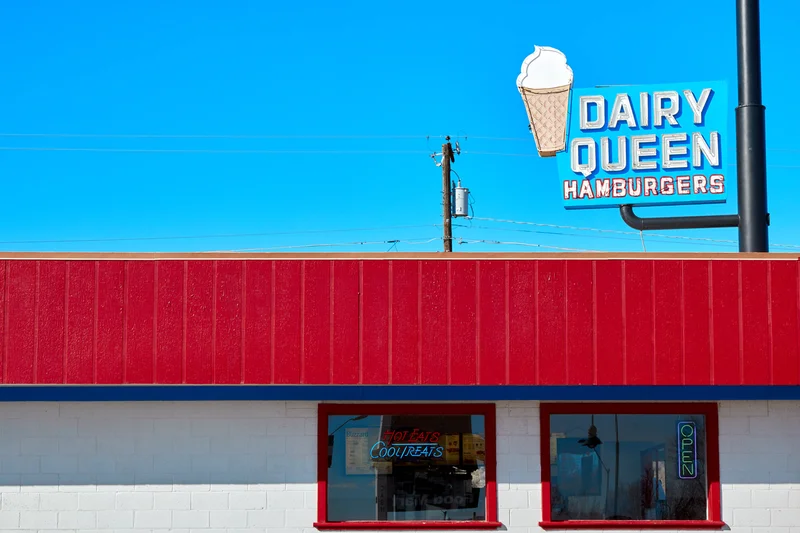Tracking Wealth Through the AI Lens
Tracking Wealth Through the AI Lens
Freddy's Frozen Custard & Steakburgers, a chain often touted as a "better than Dairy Queen" alternative, is facing a cold reality. A major franchisee, M&M Custard LLC, has filed for Chapter 11 bankruptcy protection, listing $27.7 million in liabilities against a mere $5.2 million in assets. Thirty-two Freddy's locations are affected, spanning six states: Missouri, Kansas, Illinois, Indiana, Kentucky, and Tennessee. While these locations will continue to operate, the filing raises serious questions about the financial health of the Freddy's franchise model, or at least, this particular operator's execution of it.
The Reddit user quoted claiming Freddy's custard is "richer and creamier" might be right on the subjective taste. But balance sheets don't lie. The data suggests something went wrong beyond the quality of the frozen dessert. The franchisee’s debt is more than five times their assets. That's not just a bad quarter; that's a systemic problem. Was it over-expansion? Poor location choices? Or were the operating costs simply unsustainable, regardless of location? Details on the specific causes of this financial distress remain scarce, but the numbers paint a grim picture. Ice cream chain ‘better than Dairy Queen’ files for Chapter 11 bankruptcy. M&M Custard LLC's bankruptcy isn't necessarily an indictment of the entire Freddy's brand. After all, they are just a franchisee. But it does demand closer scrutiny. The claim of being "better than Dairy Queen" is a powerful marketing tool, but it doesn't guarantee profitability. In fact, such claims can lead to complacency or, worse, misallocation of resources towards superficial improvements at the expense of sound financial management. I've looked at hundreds of these filings, and the sheer scale of the debt compared to assets is alarming. It suggests a deeper issue than just a temporary economic downturn.
The concentration of affected locations in the Midwest – particularly Missouri and Indiana – is also telling. Are these markets oversaturated with fast-casual burger and ice cream options? Or did M&M Custard LLC simply misjudge the local demand in these specific areas? (The data doesn’t say.) The list includes college towns like Columbia, MO, and Carbondale, IL, alongside more industrial areas like Evansville, IN. There’s no obvious demographic pattern that explains the widespread financial distress. This suggests the problem lies less in regional economics and more in the franchisee's operational model.

Consider the comments from online forums. One fan notes that Freddy's is "above McDonald's but below 5 Guys." That positioning, while seemingly reasonable, might be the problem. It places Freddy's in a precarious middle ground, unable to compete on price with McDonald's and unable to match the perceived quality and customization of 5 Guys. They are trying to offer a premium product but are not quite premium enough to justify the price point. This is where my analysis suggests that even a slight increase in costs, like rising ingredient prices or minimum wage hikes, could disproportionately impact profitability.
The financial troubles of one franchisee don't necessarily spell doom for the entire Freddy's chain. But it serves as a stark reminder that even the "best" product – as subjectively defined by online commenters – can't overcome fundamental business flaws. The question now is whether Freddy's corporate will learn from this episode and implement stricter oversight and support systems for its franchisees. Otherwise, M&M Custard LLC might just be the first domino to fall.
The core issue isn't whether Freddy's custard is creamier. It's that a franchisee racked up a staggering amount of debt. The marketing hype couldn't overcome fundamental business problems. This isn't about taste; it's about cold, hard numbers.